Best AI Therapist: 5 Psychologist-Like Apps
4 min. read
Updated on
Read our disclosure page to find out how can you help MSPoweruser sustain the editorial team Read more
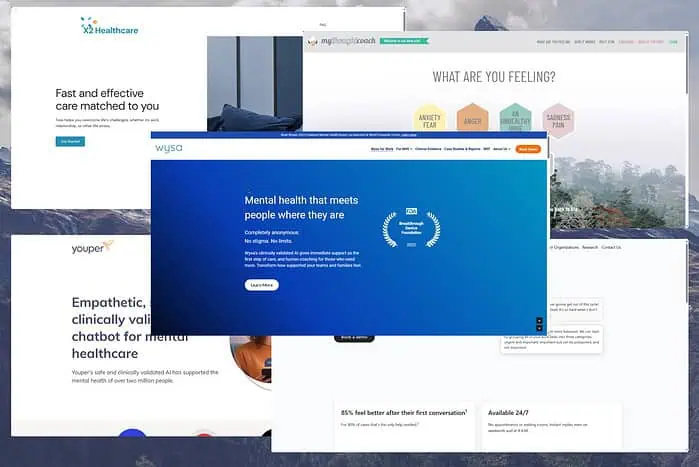
I explored the web and chose the best AI therapist apps to help with various mental issues and help you feel like you’re being heard and supported.
I tested over 25 apps to give you the 5 best. Read through their descriptions, explore their pros and cons, and make an informed decision.
Best AI Therapist
1. Wysa
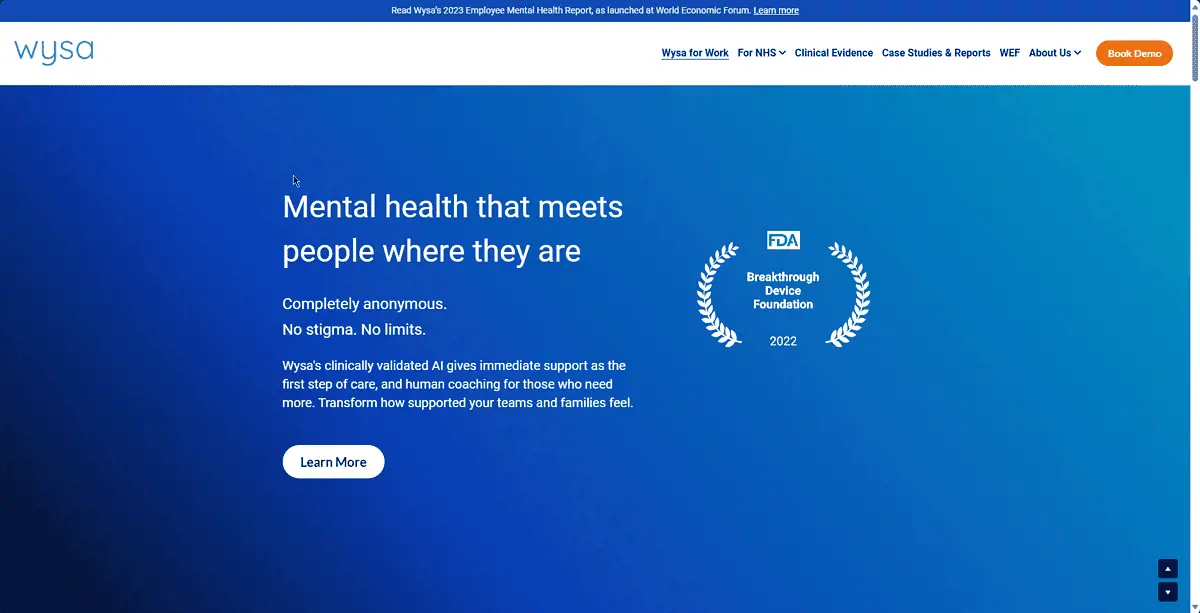
Wysa is a revolutionary AI-powered and emotionally intelligent bot that uses cognitive-behavioral techniques (CBT) to help its users.
In addition to CBT, the app also offers meditation, breathing, yoga, motivational interviewing, and micro-actions to help manage mental health.
The app provides clients with various tools and resources, including mood tracking, finding optimism, reframing thoughts, and everything that happens in a friendly chat.
The app is user-friendly and offers 24/7 support. Wysa has mental health and depression tests, which can also help assess yourself based on symptoms.
Pros
- Uses an AI-powered bot with emotional intelligence
- Employs evidence-based CBT, meditation, breathing, yoga, etc.
- Offers a great range of tools and resources
- User-friendly
- It has mental health and depression tests
- Assesses symptomatically based on depression tests like PHQ9 and anxiety tests like GAD7
Cons
- Might not understand complex human emotions
- Text-based conversations only
2. Elomia
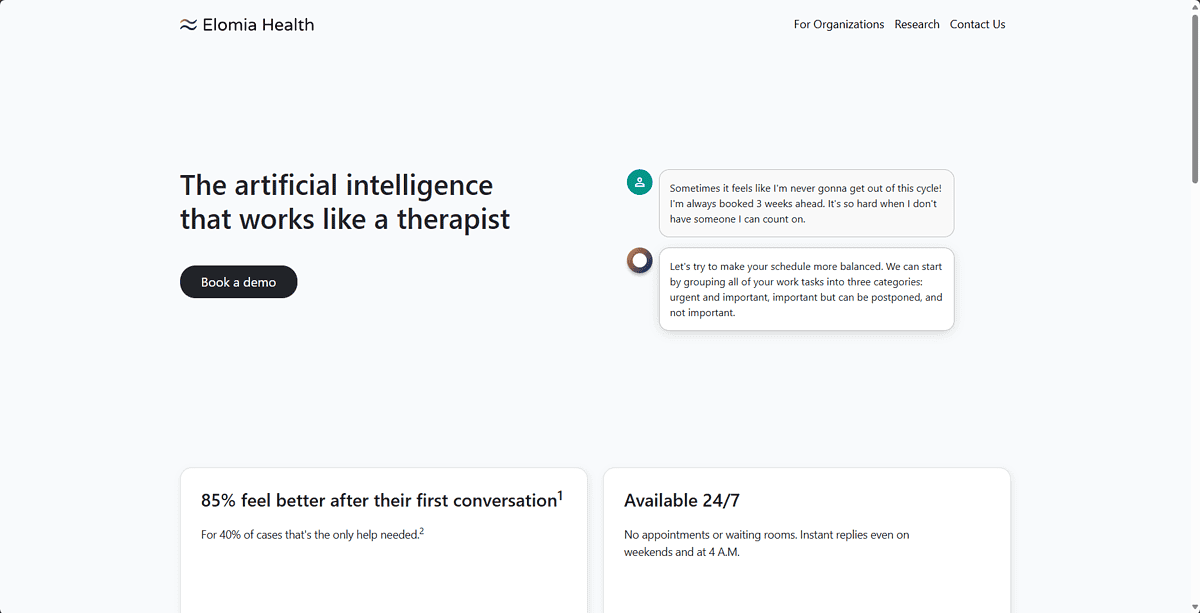
Elomia is another great AI-powered virtual therapist. The app uses complex algorithms to understand, listen, and offer advice without judgment.
The service has been trained on thousands of consultations performed by real therapists, making it versatile and useful without being invasive.
Users can talk about their problems, ask questions, and get help, all from a user-friendly interface available around the clock.
After assessing your mental state, the app will also provide recommendations for mental health and well-being exercises.
Pros
- Virtual therapists powered by AI
- Understands, listens, advises, and supports users
- Trained on thousands of consultations conducted by therapists
- Users can talk through their problems, ask questions, and get help
- Provides recommendations for mental health and well-being exercises
- You can use it anonymously
Cons
- Limited free version
- Text-based therapy only
3. Youper
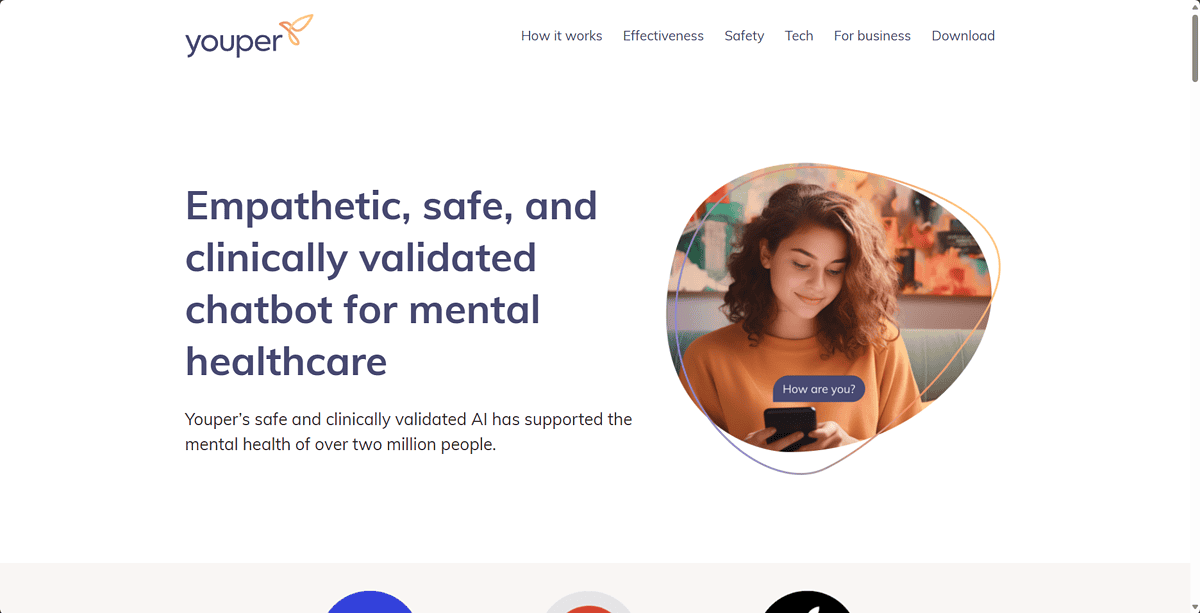
Youper is another great AI therapy platform that supports your mental health at any time, no matter the hour or day.
The app uses AI to personalize various well-researched therapeutic techniques and offer the best advice possible. The app employs CBT (Cognitive Behavioural Therapy) methods, which are scientifically proven to calm anxiety and improve mood.
Youper offers great therapy and behavioral coaching for depression and anxiety symptoms by using the AI chatbot to conduct daily check-ins and track your mood, thoughts, and feelings.
Pros
- AI therapy platform with support for mental health
- Uses AI to personalize various techniques
- Can provide CBT
- Offers therapy and behavioral coaching for anxiety and depression
- The AI conducts daily check-ins
Cons
- No free version
4. My Thought Coach
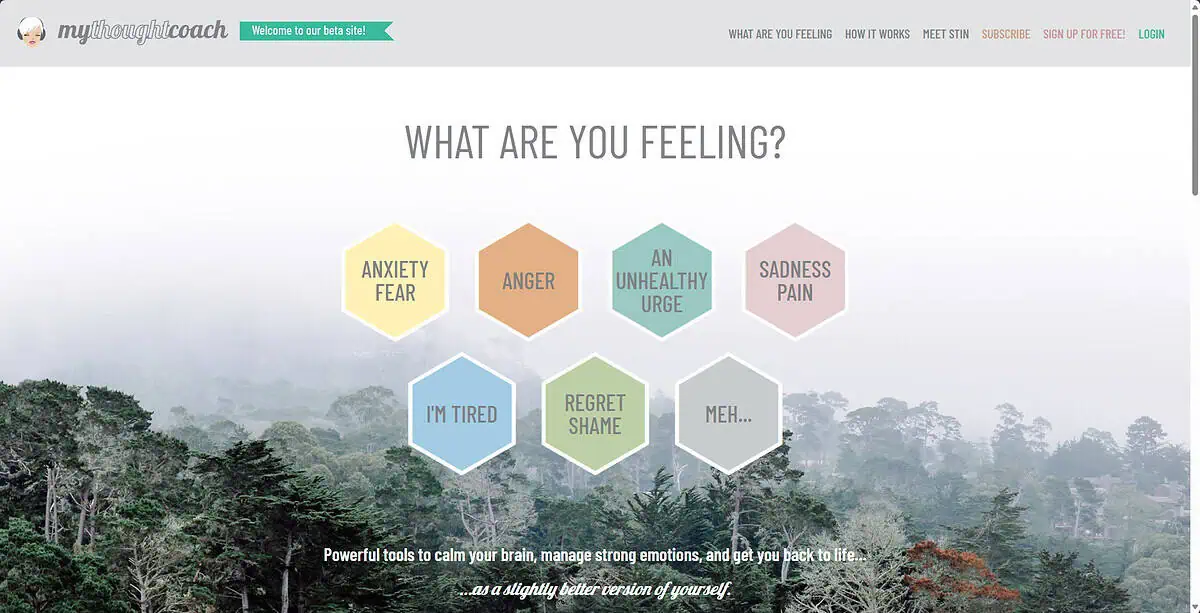
My Thought Coach is a useful AI tool that helps users deal with cognitive distortions and rephrase their thoughts to improve well-being.
The algorithm is trained on all the common cognitive disorders and uses the information to guide you through your healing process.
After it processes the data, My Thought Coach offers an in-depth analysis of the findings and showcases the exact cognitive distortions in the user’s statements.
This process works by the app highlighting sentences in the initial input and giving examples of the reality and how the user is negatively reframing it.
Pros
- Helps tackle cognitive distortions and rephrase thoughts
- The AI is trained in common cognitive distortions
- Shows a useful analysis of cognitive distortions
- Helps users understand their thought patterns
Cons
- Might struggle with more severe mental health conditions
5. Tess

Tess can help users manage their mental troubles with ease by using an AI-powered mental health chatbot designed by psychologists.
The app is capable of understanding users’ emotions and engaging in natural conversations. Over 29 million people with paid access use Tess, so it’s doing something right.
Tess offers 24/7 real-time analytics, giving you quick insights without waiting for a consultation or appointment.
The research Tess uses has been clinically validated to help people feel better. The test results show a 13% reduction in depression and an 18% reduction in anxiety. The company behind it has also published 7 peer-reviewed studies and 4 RTCs. Additionally, it has 11 more studies that are currently ongoing.
Pros
- Uses an AI trained in techniques that are clinically proven to help with mental health
- Understands user’s emotions and needs
- Offers real-time analytics
- Has 7 published peer-reviewed studies
Cons
- It focuses more on cognitive distortions, which might not cover all aspects of mental health
- The AI’s analysis and rephrasing of thoughts may be too simplistic
Choosing the best AI therapist will come down to personal needs and preferences, but these options will surely help.
It’s important to note that these AI options don’t replace professional help and consultations.
Share your choice in the comments below!



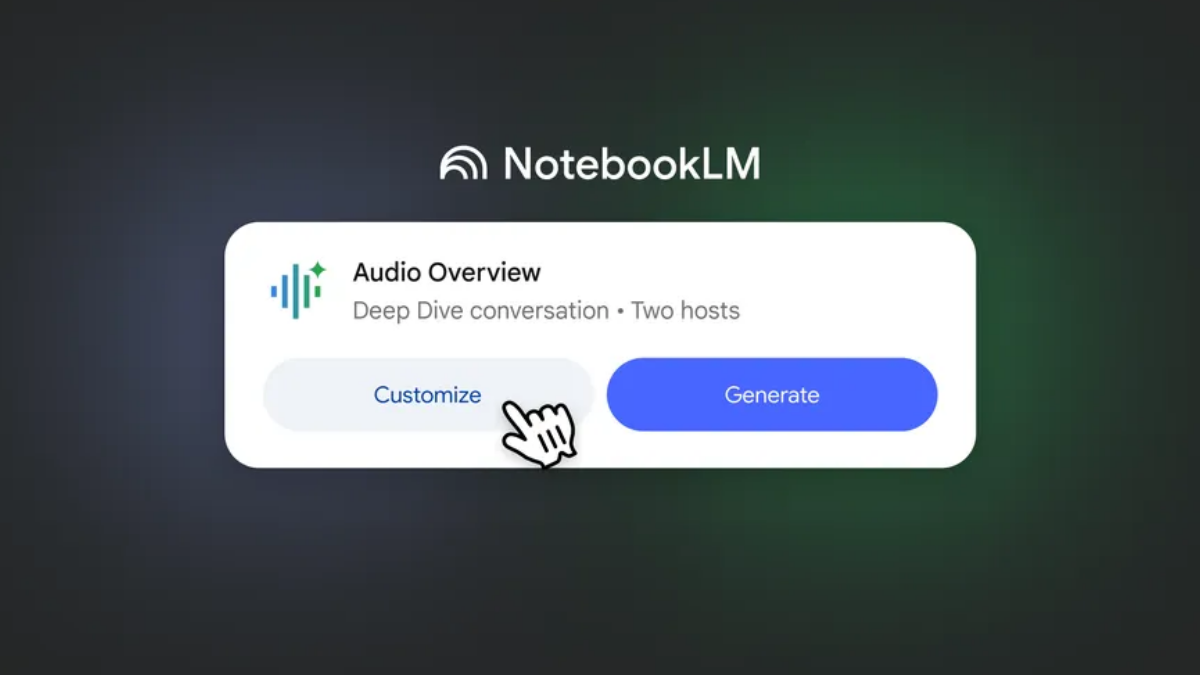



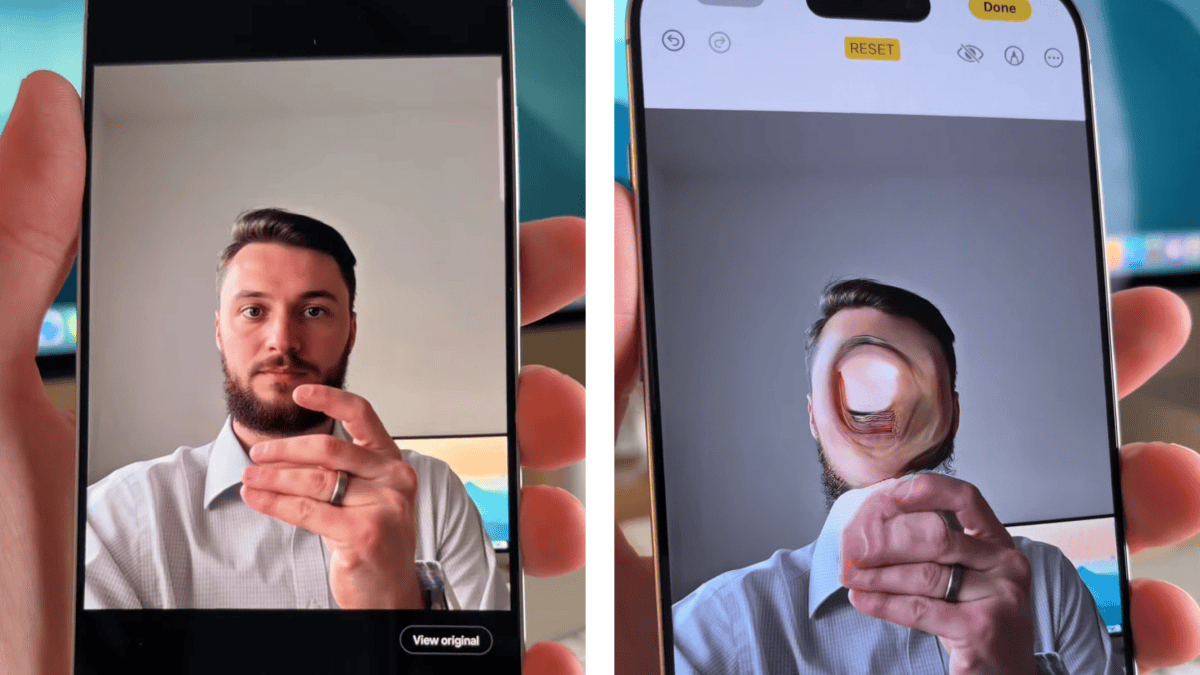
User forum
1 messages